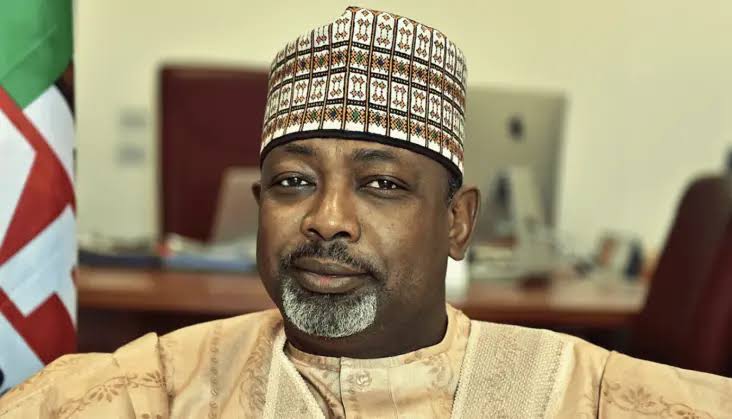Abubakar Kyari, the Minister of Agriculture, Food, and Security, expressed concerns on Friday regarding the food shortage in the country, accompanied by a corresponding increase in prices. He stated that the government is contemplating a decision to either close the borders or enhance local production for both domestic consumption and export.
Kyari conveyed these thoughts during an interaction with the Senate Committee on Banking, Insurance, and other Financial Institutions, alongside other members of the economic team. The discussion focused on Nigeria’s economic challenges, including rising inflation, escalating food prices, and a foreign exchange crisis.
He lamented the undocumented volume of food exported to neighboring countries, attributing this to the strengthening CFA currency in neighboring nations against the Naira. Kyari explained that due to the devaluation of the Naira, Nigerian food products have become more affordable, leading to widespread smuggling across porous borders.
“One CFA is N2.20 kobo; this means 1000 CFA is N2,200, whereas it was N400-N500 a few years ago. Because of the devaluation of the Naira, our food is the cheapest around the neighborhood, resulting in a lot of undocumented exports and smuggling across our porous borders,” Kyari stated.
In response to this challenge, Kyari outlined the government’s efforts to boost local production. However, he cautioned that if current economic conditions persist, the government may face a difficult choice between border closure and prioritizing food production for Africans.
“We are working to ramp up production. Unfortunately, we are faced with the challenge of securing food for our 230 million people. If these economic conditions persist, we may have to either seal our borders or focus on producing for all other Africans,” he warned.
Kyari identified food smuggling as a significant contributor to Nigeria’s food shortage and soaring prices. He highlighted other factors, including inadequate planning for the 2023 farming season by the previous administration, insecurity affecting farmers’ willingness to cultivate, and a foreign exchange crisis.
The minister also pointed out the impact of the unavailability of foreign exchange, citing instances where investors from India, China, and Turkey purchase Nigerian crops at exorbitant prices, mainly to earn foreign exchange.
“The outgoing government did not plan for the 2023 farming season, impacting the harvest in that year.
Farmers are willing to cultivate, but insecurity and fuel costs hinder them. We are diligently working with the Ministry of Finance to support them,” he stated.
Kyari announced government plans to initiate 200-250 hectares of rice farming in the medium term.
However, he acknowledged challenges such as the scarcity of paddy and maize, hindering the implementation of these measures.








